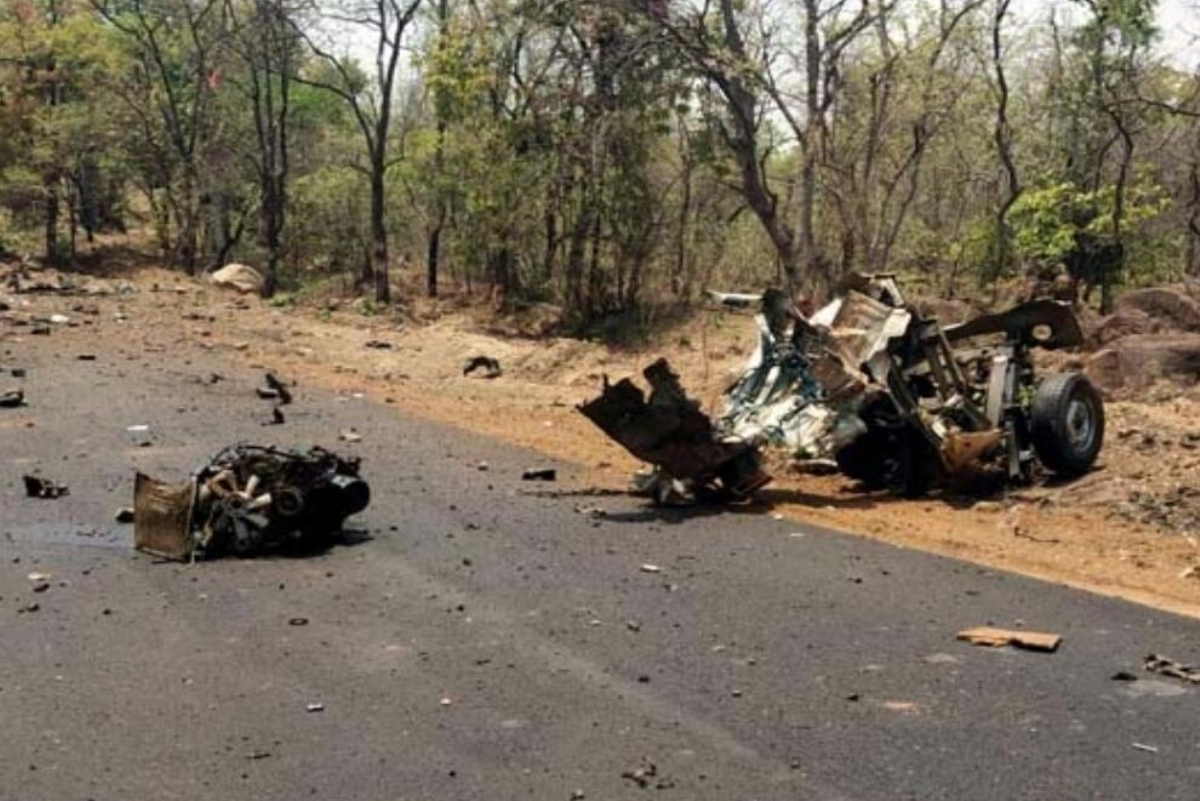Not to look deeper than the preliminary report into the May 1 Naxal ambush that took the lives of 15 policemen and their driver in Gadchiroli would be tantamount to a failure to get to grips with Left Wing Extremist activity in the “red corridor” of Central India.
The Director-General of Maharashtra Police’s conclusion that SOPs (standard operating procedures) were ignored when the cops responded to the torching of several vehicles used in road-construction is a routine over-simplification that is unlikely to have lasting impact.
Advertisement
This is not the first time that police in the region, not just Maharashtra, have been lured into an ambushtrap by the Naxals, so it is apparent that the prescribed procedures are either too impractical to be implemented, or need a thorough review and upgrade. The action against a couple of middle-level cops for rushing men to the affected area without adequate preparation appears a case of presenting a couple of fall guys to silence public criticism.
Were the police at Kurkheda (from where the squad was dispatched) equipped to mount a swift surgical counter-attack? Did they have a mine-protected vehicle, or adequate intelligence about the Naxals who yet again used an IED (improvised explosive device) to blow up the cops’ vehicle, and then subjected them to a withering hail of gunfire?
Was there any truth in the initial reports that the police in the area had been thinned since men were diverted to poll-related duties: the Election Commission must also be questioned, it is easy to order massive police presence without catering to the potential fall-out. Dantewada, Sukma, Gadchiroli etc, all tell a similar story of inept policing in the region. In the absence of an overall battle plan, effective cooperation and coordination, the police responses are generally “local”, hence of limited success.
The Naxals are often suspected to muster in strength in one place with the cops’ blessings, and then to attack elsewhere, preferably across the inter-state line. Major construction activity, for roads etc, ought to alert the police. It is high time that the union home ministry took the initiative and tapped the expertise available with various agencies to draw up a comprehensive plan. Since more than one state police force is involved, North Block must persuade/pressure the states, foster a “unified command” if necessary; the insurgency has persisted for far too long to expect state governments to tackle it.
The home minister keeps claiming that the security forces have gained the upper hand, but every now and then the Naxals give the cops a solid rap on the knuckles. The amateur police reaction to repeated Naxal forays is an indication of the extent of the Centre’s failure to get a security act together. To suggest that in addition to muscle, the home ministry also considers weaning the people away from the Naxal’s influence might invite a charge of being “anti-national” in the prevailing political climate.











